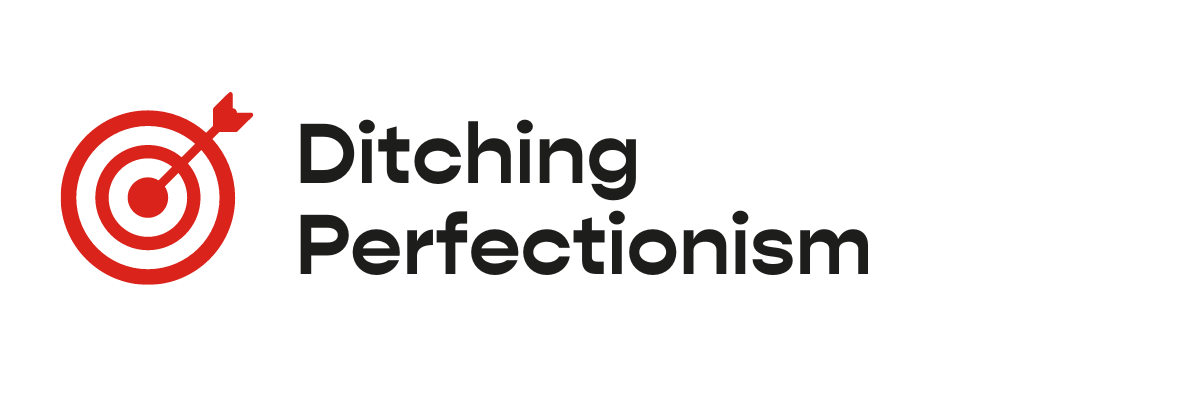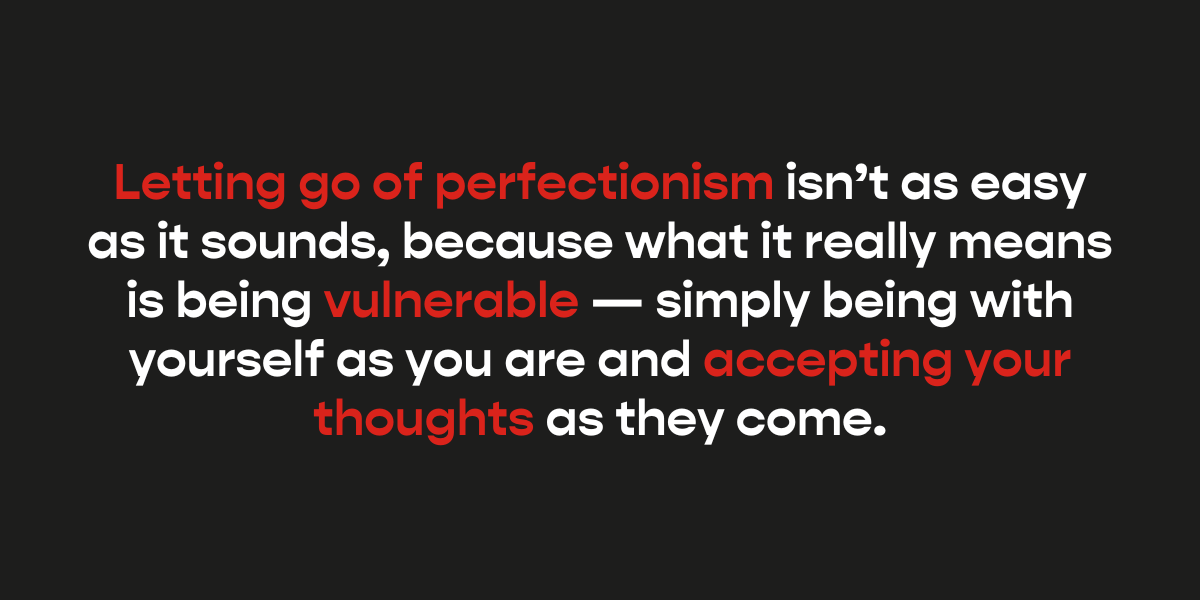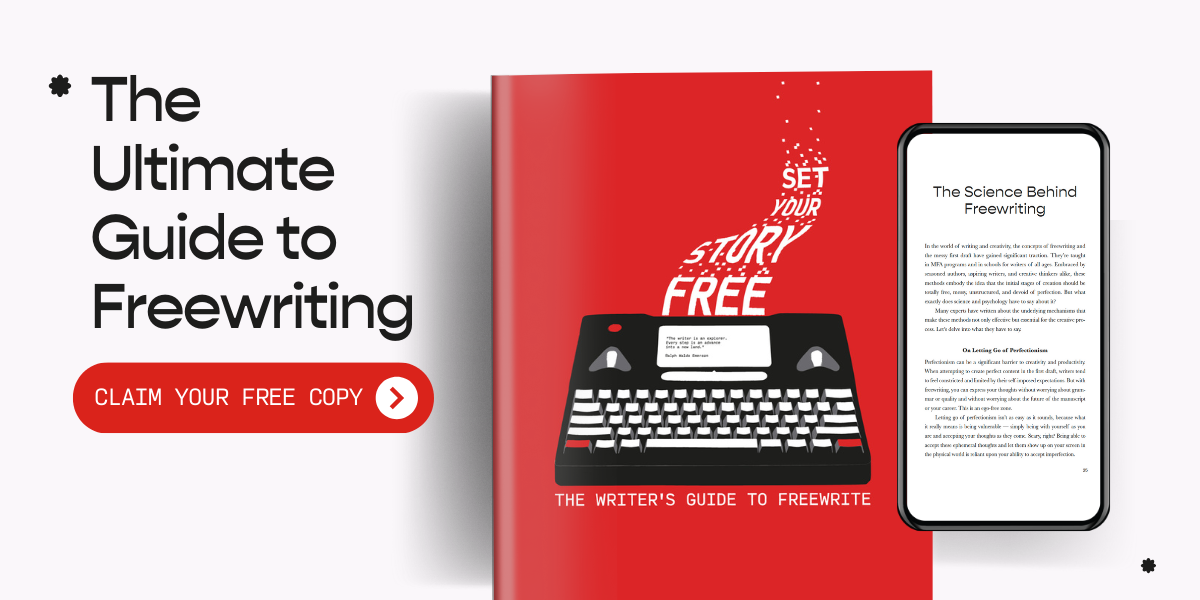In the world of writing and creativity, the concepts of freewriting and the messy first draft have gained significant traction. Embraced by seasoned authors, aspiring writers, and creative thinkers alike, these methods embody the idea that the initial stages of creation should be totally free, messy, unstructured, and devoid of perfection.
But what does science and psychology have to say about it?
Many experts have written about the underlying mechanisms that make these methods not only effective but essential for the creative process. Let’s delve into what they have to say.

Perfectionism can be a significant barrier to creativity and productivity. When attempting to create perfect content in the first draft, writers tend to feel constricted and limited by their self-imposed expectations. But with freewriting, you can express your thoughts without worrying about grammar or quality and without worrying about the future of the manuscript or your career.
This is an ego-free zone.
Letting go of perfectionism isn’t as easy as it sounds, because what it really means is being vulnerable — simply being with yourself as you are and accepting your thoughts as they come. Scary, right?
Psychologist Dr. Carol Dweck has done extensive research on mindset and the effect of a person’s mindset on their work and results. Dweck reveals in her book Mindset: The New Psychology of Success that embracing a growth mindset, instead of a fixed mindset, is critical. What does that mean?
- A fixed mindset is when you view yourself, your qualities, your personality — and thus your work — as unchangeable.
- On the other hand, a growth mindset is open to change, new experiences, and, ultimately, the possibility of failure. It means accepting that the writer you are in this moment may not be the same writer you are at the end of this book.
The messy first draft method is the embodiment of the growth mindset for a writer.


We all know writers who have spent an hour or more honing a single sentence when they were meant to be finishing a scene. (Maybe you are that writer.) The draft-first method saves time because the goal is shifted from perfection to plain old words on the page, enabling you to find your writing flow and hit your word count goals faster.
And flow, or being “in the zone,” isn’t a myth. In 1990, renowned psychologist Mihaly Csikszentmihalyi first introduced the concept of flow, a state of intense focus and immersion in an activity. It’s a state of deep concentration that feels nearly impossible to find in our modern world of dings, rings, and notifications.
But freewriting on a distraction-free device helps overcome those obstacles by allowing writers to enter a state of creation where ideas flow freely without judgment or inhibition, no matter how random or silly they may seem in the moment.
Let’s say you’ve reached your word count goals more quickly and typed “the end” way before you expected to. Will editing take longer when you’re working with a messy first draft? It might. But we think it’s worth it. In fact, we bet you’ll be surprised by what your unhindered mind came up with. After all, according to Csikszentmihalyi’s work, the state of flow is conducive to creativity and innovation.
And, most importantly, you can’t edit a blank page.

Ironically, not paying attention to perfection and final-draft quality as you write does inspire better quality in the end. Maybe your grammar isn’t perfect in this first draft, but it’s likely your level of creativity will be higher.
This is because when no thoughts are deemed “wrong” or “stupid,” your brain begins to engage in lateral thinking — kind of like an internal brainstorm. You’re free to play in the writing world without worrying about getting it right the first time.
Lateral thinking is when your brain approaches problem-solving in ways that aren’t straightforward or obvious. Instead of following step-by-step logical thinking, also known as deductive reasoning, your brain side-steps convention and discovers new ways of doing things. This is exactly what you want when writing.
Often, the true essence of a story doesn’t reveal itself until the act of freewriting. It serves as a discovery process, helping a writer uncover hidden layers of their narrative. It’s a journey of exploration and revelation.
Allow your brain the freedom to explore and experiment without the fear of failure, and you’ll discover new ideas and fresh perspectives.

The benefits of a messy first draft are clear and grounded in science and psychology. By overcoming perfectionism, increasing your productivity, and fostering a freedom to explore and create, this method provides a powerful framework for unleashing your creative potential.
And if you’re anything like us, you likely haven’t written like this — unrestrained and anxiety-free — since you were a kid. It’s more fun this way, we pinky promise.





















